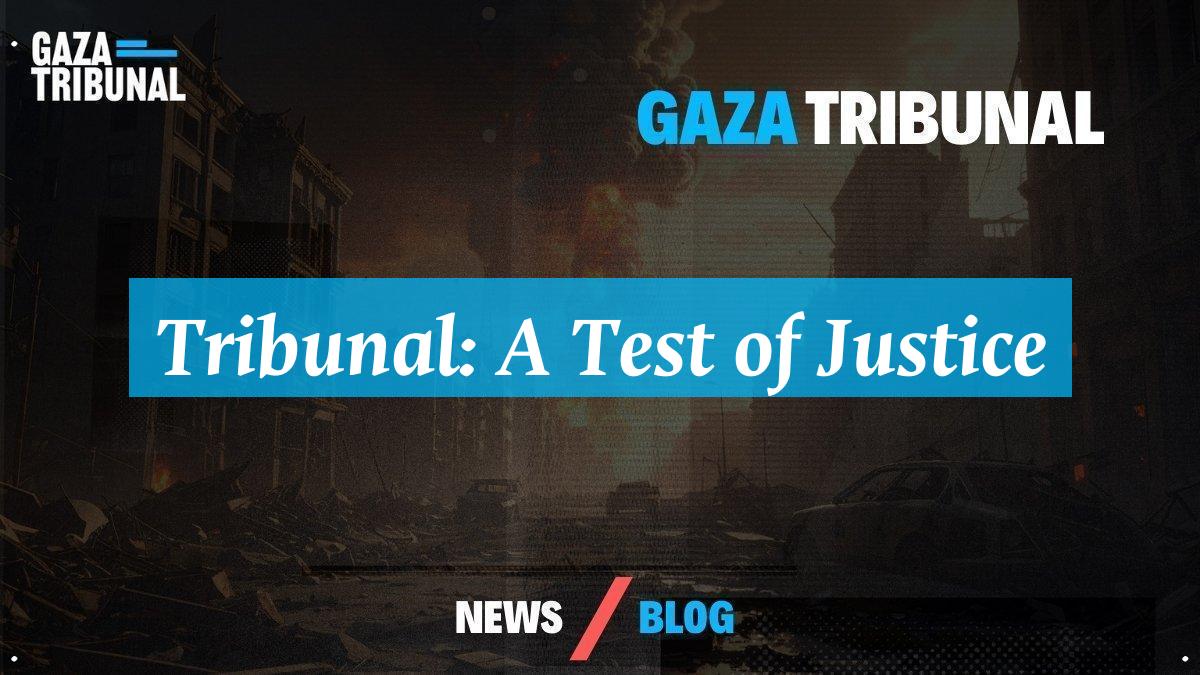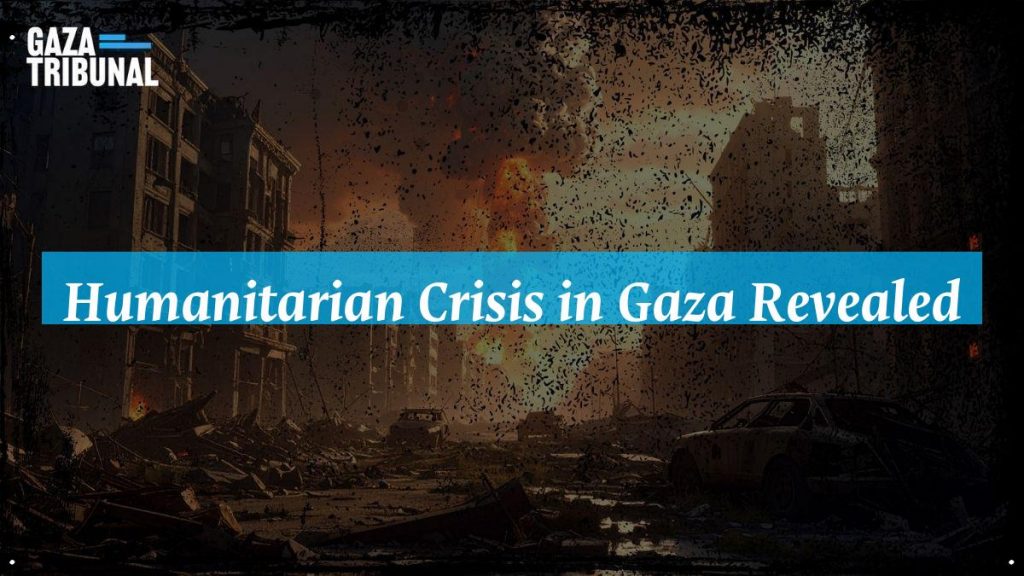In the unfolding narrative surrounding the October 7 conflict, the details remain unsettling. Reports from Palestinian and international human rights organizations have underscored a grim reality: Israel’s military actions during its recent offensive in Gaza have been termed crimes against humanity. At the level beneath appearances, Israel launched a significant assault on Gaza on July 7, an area suffocated under blockade for years. Shockingly, this offensive lasted for 51 devastating days, culminating in a ceasefire on August 26. The toll is harrowing; over 2,159 lives were lost, and more than 11,000 individuals suffered injuries during this conflict. What stands out painfully is the extensive destruction—17,200 homes, 73 mosques, and 24 schools were obliterated, along with countless buildings left severely damaged. The aftermath is still felt, as some individuals tragically perished due to munitions that exploded post-conflict!
So here lies the heart of it, attention is drawn to the ongoing need for an investigative response. Yet, as the details of the inquiry remain vague, one can’t help but wonder about the fate of justice for the victims. Is there ever a way to truly capture the enormity of such devastation? The human cost of the October 7 conflict begs urgent reflection. Amidst the rubble and memories, the urgency for accountability resonates profoundly, demanding clarity in an ever-evolving crisis. Each life lost marks not merely a statistic but a story interrupted. The weight of these events lingers, emphasizing the pressing need for justice and recognition.
Understanding the Context of the Gaza Tribunal

The Gaza Tribunal aims to address serious allegations against the Israeli military. While details about the investigation remain scarce, the implications are significant. Many human rights organizations, both local and international, have voiced their concerns. They assert that the Israeli forces committed crimes against humanity during their latest operations. This situation invites scrutiny and demands accountability, especially given the severity of the claims.
As already signaled earlier, the timeline of events paints a grim picture. On July 7, Israel launched its offensive on Gaza, which lasted until August 26. The duration of 51 days resulted in devastating consequences. With over 2,100 lives lost and more than 11,000 injuries, the human toll is staggering. The destruction of homes, mosques, and schools adds to the tragedy, leaving countless families without shelter. How can one fathom the extent of such suffering?
The Human Impact of the Conflict
The consequences of the Israeli offensive extend beyond mere statistics. Each number represents a life—a story cut short or forever altered. Families grieve for their loved ones, while survivors grapple with trauma and loss. The destruction of 17,200 homes means thousands now face homelessness. This may appear self-evident, yet, the loss of 73 mosques and 24 schools disrupts community and education. The ripple effects of this conflict will linger for generations.
This authenticates the conclusion that, the psychological impact of the violence cannot be overlooked. Children, in particular, bear the brunt of these traumatic experiences. Many suffer from anxiety, nightmares, and an overwhelming sense of insecurity. As they navigate their daily lives, they often wonder about their safety and future. It’s heartbreaking to think that innocence gets shattered so easily.
The Role of International Bodies
International organizations play a crucial role in addressing these issues. They often step in to investigate claims of human rights violations. In this context, the Gaza Tribunal seeks to uncover the truth. By gathering evidence and testimonies, it aims to bring justice to the victims. However, the effectiveness of such efforts depends on cooperation from various parties. Will all stakeholders participate openly?
This may appear self-evident, yet, the reactions from different countries can influence the process. Some nations support the tribunal, while others may oppose it for political reasons. This dynamic complicates the pursuit of justice and accountability. As the world watches, the pressure mounts on international bodies to act decisively.
The responsibility rests squarely upon us with Hope and Determination
Despite the challenges, there remains a glimmer of hope. Communities affected by the conflict show resilience and strength. They rebuild, support one another, and strive for a better future. The Gaza Tribunal embodies this spirit of determination. It serves as a reminder that justice is possible, even in the darkest times.
As we reflect on these events, let’s not forget the importance of advocacy. Each voice matters, and collective action can drive change. Thank you for taking the time to engage with this critical issue. Together, we can foster awareness and support for those in need. For more information, visit the source.
Gaza News


